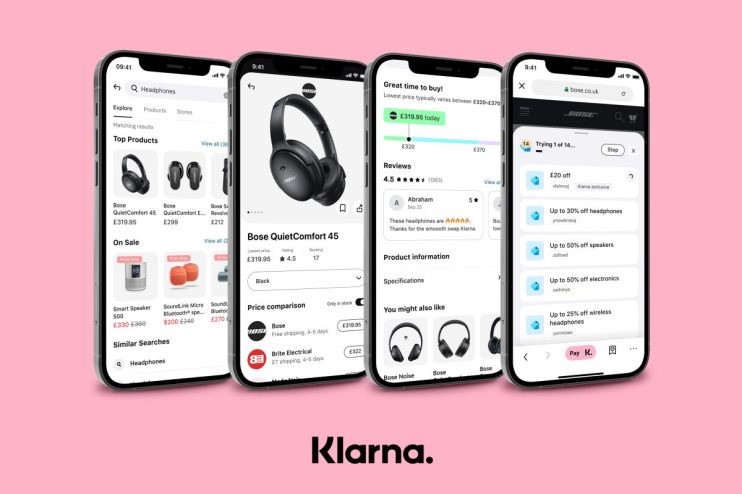Klarna lawyers drafting contracts with ChatGPT and 9 in 10 staff using AI everyday

Klarna’s in-house lawyers are using OpenAI’s ChatGPT to cut the time it takes them to draft time-consuming contracts, as nearly 90 per cent of the tech company’s staffers are using artificial intelligence (AI).
The buy now, pay later firm’s legal team is using ChatGPT Enterprise to write the first draft of common types of contracts, “massively” saving time.
Selma Bogren, senior managing legal counsel at Klarna, said: “The big law firms have had a really great business just from providing templates for common types of contract. But ChatGPT is even better than a template because you can create something quite bespoke.
“Instead of spending an hour starting a contract from scratch or working from a template, I can tweak a ChatGPT draft in about ten minutes. You still need to adapt it to make it work for your particular case but instead of an hour you can draft a contract in ten minutes.”
A recent survey found that the number of lawyers using generative AI tools at least once a month has more than doubled in half a year, despite concerns around protecting sensitive information and ‘hallucinations’, the phenomenon of AI technology generating false information.
“It’s not surprising to learn that Klarna is an early adopter of generative AI,” said James Longster, partner in the technology department at Travers Smith. “Many organisations in the financial services sector use AI on a regular basis, but the difference is potentially the frequency with which it is being used within Klarna.
“Whilst the use of AI in organisations can have a significant impact on productivity and efficiency, there is still some hesitancy regarding a more general adoption of AI in organisations.”
He explained this hesitancy could stem from the potential risks associated with generative AI, such as unauthorised use of personal data or the potential for third party IP infringement and keeping up with the evolving regulatory regime.
Klarna said today that nine in ten of its employees are using generative AI to boost productivity and save time on administrative tasks, freeing them up for strategic and creative work.
Its bespoke internal AI assistant Kiki, launched in June 2023, responds to 2,000 requests from staff per day. Klarna said it is now an “indispensable asset” within the company.
Klarna’s communications team uses AI to determine whether media articles about the company are positive or negative.
The adoption of AI at Klarna has impacted its hiring strategy. The Swedish firm said in February that AI was doing the job of 700 full-time workers. Its headcount fell by around 25 per cent at the end of 2023 compared with the year’s average, according to Klarna’s filings.
“We push everyone to test, test, test and explore,” said Sebastian Siemiatkowski, chief executive and co-founder at Klarna. “As Klarna continues to discover applications for OpenAI’s tech, there’s the potential to take the business to new heights. We’re aimed at achieving a new level of employee empowerment, enhancing both our team’s performance and the customer experience.”